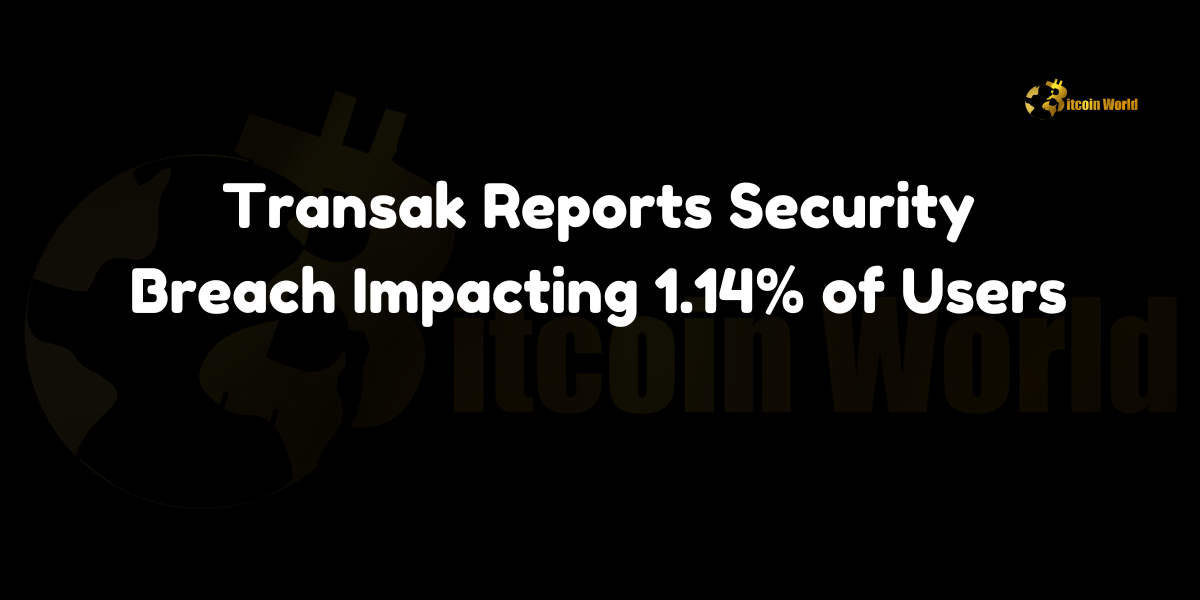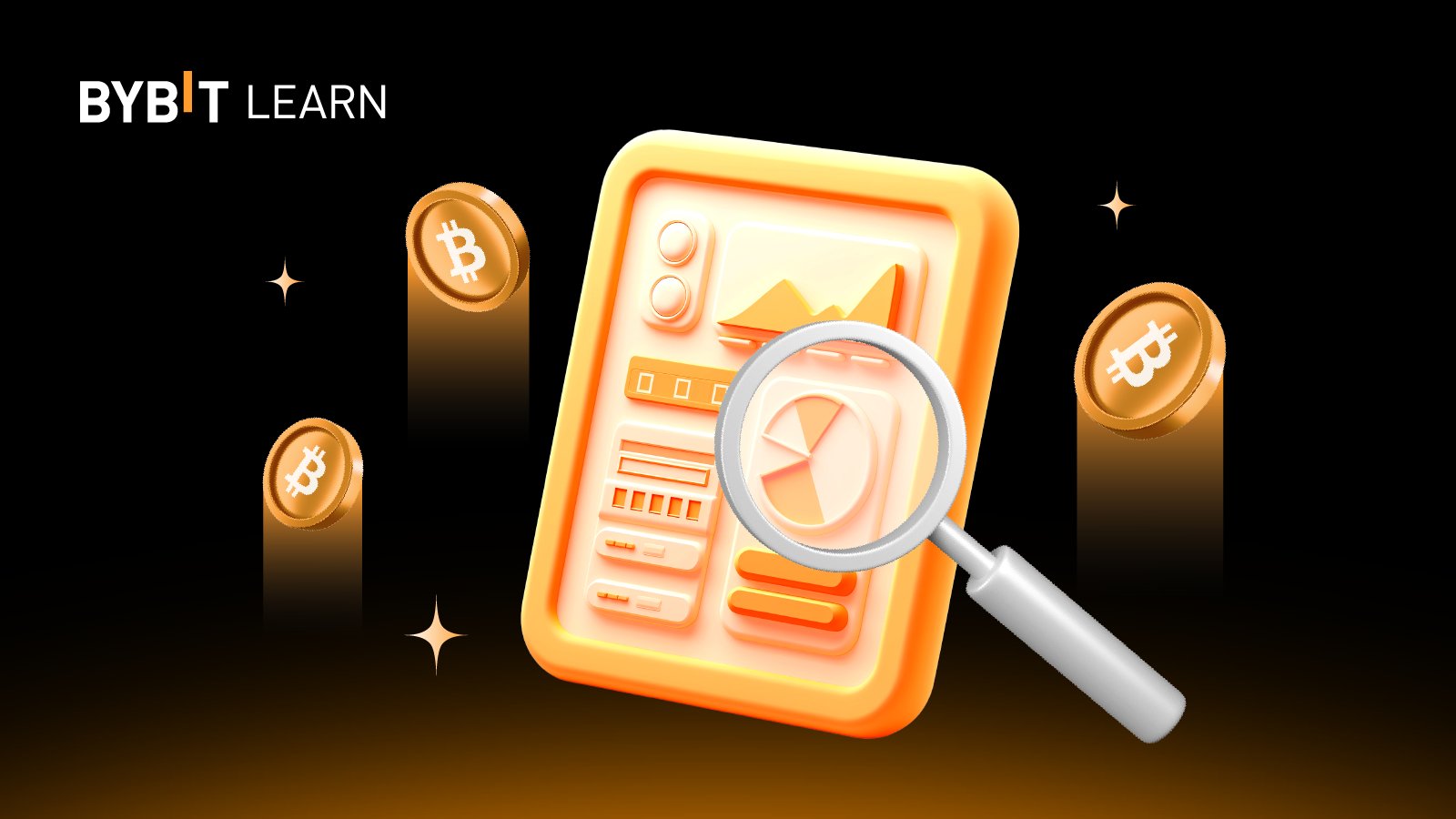Transak Reports Security Breach Impacting 1.14% of Users
In a concerning development within the Web3 infrastructure space, Transak has disclosed a security breach that affected 1.14% of its user base. The breach, resulting from a sophisticated phishing attack, compromised basic identity information accessed through a third-party Know Your Customer (KYC) vendor. Despite the breach, Transak has assured its users that no financially sensitive data was compromised and that all user funds remain secure.
Overview of the Security Breach
Transak, a leading Web3 infrastructure firm, recently reported a security incident that has raised alarms among its users and the broader cryptocurrency community. The breach stemmed from a phishing attack targeting the company’s systems, resulting in unauthorized access to user identity information managed by a third-party KYC provider.
Key Details of the Incident
Affected Users: 1.14% of Transak’s user base.
Nature of Attack: Phishing attack exploiting vulnerabilities in third-party KYC processes.
Compromised Data: Basic identity information (e.g., names, email addresses).
Financial Data: No financially sensitive information was accessed or compromised.
User Funds: All user funds remain unaffected and secure.
Date of Incident: [Insert Date if available]
Discovery and Reporting: Incident discovered on [Insert Discovery Date], reported in the official Transak blog on October 21, 2024.
Detailed Analysis of the Phishing Attack
Phishing attacks involve deceptive attempts to obtain sensitive information by masquerading as trustworthy entities. In this case, the attacker targeted Transak’s operations through a third-party KYC vendor, exploiting weaknesses in the data handling and verification processes.
How the Attack Occurred
Initial Compromise: The attacker sent fraudulent communication resembling legitimate requests from the KYC vendor.
Data Access: Users inadvertently provided their basic identity information, which the attacker then accessed through compromised channels.
Scope of Breach: The breach was limited to non-financial data, ensuring that no direct access to user funds or financial transactions was gained.
Impact on Users
While the breach did not affect user funds, the exposure of basic identity information poses potential risks such as identity theft or unauthorized access to other platforms where users might reuse the same credentials.
Transak’s Response to the Breach
Upon identifying the breach, Transak acted swiftly to mitigate the damage and secure its systems. The company has outlined several measures to address the incident and prevent future occurrences.
Immediate Actions Taken
System Securing: Enhanced security protocols to safeguard against further unauthorized access.
Investigation Launched: Engaged cybersecurity experts to conduct a thorough investigation into the breach’s origin and impact.
User Notification: Began reaching out to affected users to inform them of the breach and provide guidance on protecting their information.
Collaboration with KYC Vendor: Worked closely with the third-party KYC provider to identify and rectify the vulnerabilities exploited during the attack.
Long-Term Security Enhancements
Upgraded Authentication: Implementing multi-factor authentication (MFA) across all user accounts to add an extra layer of security.
Regular Security Audits: Conducting frequent security assessments and audits to identify and address potential vulnerabilities.
User Education: Launching initiatives to educate users about recognizing and avoiding phishing attempts and other cyber threats.
Implications for Users and the Crypto Industry
For Transak Users
Data Protection: Users are encouraged to monitor their accounts for any suspicious activity and update their credentials if necessary.
Resource Provision: Transak is offering resources and support to affected users to help them safeguard their personal information.
For the Broader Crypto Industry
Increased Scrutiny on KYC Processes: The incident highlights the importance of robust security measures in third-party KYC services to prevent data breaches.
Emphasis on Decentralized Security: Encouraging the adoption of decentralized security protocols to minimize reliance on single points of failure.
Regulatory Considerations: Potential for stricter regulations and oversight on data protection practices within the cryptocurrency sector.
Expert Opinions
Dr. Emily Carter, Blockchain Security Analyst
“The Transak breach underscores the critical need for enhanced security measures in third-party KYC processes. While it’s reassuring that no financial data was compromised, the exposure of identity information can have long-term implications for users. Companies must prioritize robust security frameworks to protect user data from sophisticated phishing attacks.”
Mark Thompson, Financial Strategist
“Incidents like the Transak breach serve as a stark reminder of the vulnerabilities that exist within the crypto infrastructure. It’s essential for companies to not only secure their own systems but also ensure that their third-party partners adhere to stringent security standards. This holistic approach is vital for maintaining trust and integrity in the digital asset ecosystem.”
Sarah Lee, DeFi Researcher
“Transak’s proactive response to the security breach is commendable. By immediately addressing the issue, conducting thorough investigations, and supporting affected users, the company is setting a positive example for crisis management in the DeFi space. Continuous improvement and transparency are key to overcoming such challenges and fostering a secure environment for all participants.”
Future Outlook for Transak and the Crypto Industry
Strengthening Security Measures
Transak’s commitment to enhancing its security protocols and conducting regular audits positions it to better defend against future cyber threats. This proactive stance is likely to restore and bolster user confidence in the platform.
Collaboration with Regulatory Bodies
The incident may prompt Transak and other crypto firms to engage more closely with regulatory authorities to establish comprehensive guidelines for data protection and incident response. Enhanced collaboration can lead to more effective prevention and mitigation strategies against cyberattacks.
Industry-Wide Best Practices
The breach serves as a catalyst for the broader cryptocurrency industry to adopt best practices in cybersecurity. Emphasizing decentralized security measures, rigorous third-party evaluations, and continuous user education can significantly reduce the risk of similar incidents.
Technological Innovations in Security
Advancements in blockchain technology and security protocols, such as zero-knowledge proofs and decentralized identity solutions, can offer more secure ways to handle sensitive data. Implementing these innovations can further protect user information and enhance overall platform security.
Conclusion
The security breach experienced by Transak highlights the persistent challenges that cryptocurrency platforms face in safeguarding user data. While the breach affected a small percentage of users and did not compromise financial assets, it serves as a critical reminder of the importance of robust security measures and vigilant data protection practices. Transak’s swift response and commitment to enhancing its security infrastructure demonstrate its dedication to maintaining user trust and ensuring the integrity of its platform.
As the cryptocurrency industry continues to grow and evolve, the emphasis on comprehensive security frameworks and proactive risk management will be paramount in preventing future breaches and fostering a secure environment for all participants. Users are encouraged to stay informed about security best practices and remain vigilant against potential cyber threats to protect their personal information and digital assets.
To stay updated on the latest developments in cryptocurrency security and market trends, explore our article on latest news, where we cover significant events and their impact on digital assets.





